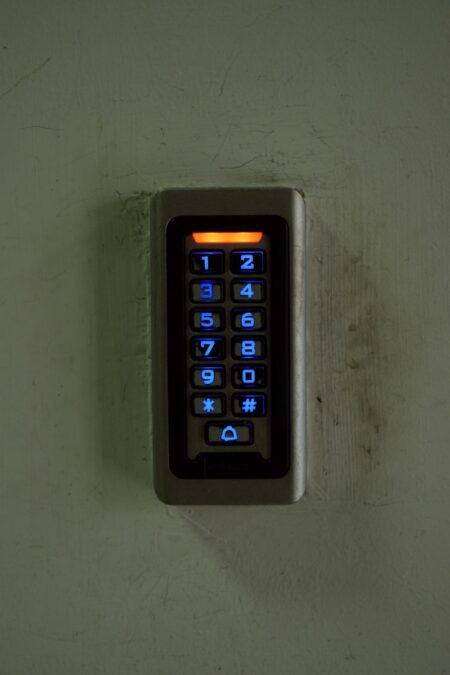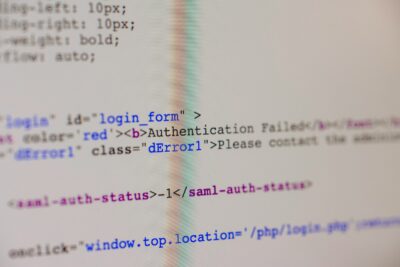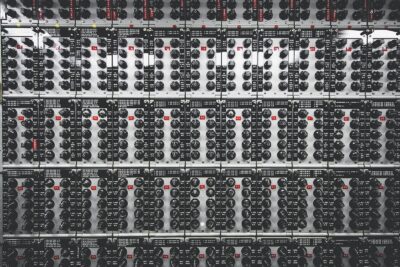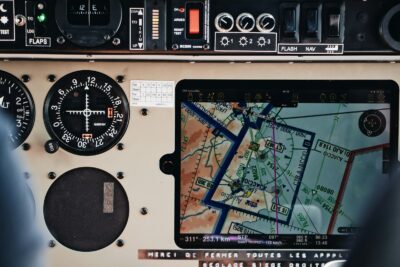Harnessing Technology to Safeguard Digital Assets
Understanding Access Control Systems
In the realm of digital security, access control systems are paramount in protecting sensitive information and ensuring that only authorized users can interact with specific content. These systems can be configured to enforce various types of restrictions, such as user authentication, content expiration, and usage limits. User authentication verifies the identity of individuals attempting to access digital resources, ensuring that only those with the proper credentials can gain entry. Content expiration manages the lifecycle of digital assets, automatically restricting access after a specified period. Usage limits control the extent to which users can interact with content, preventing overuse or misuse. Together, these mechanisms form a robust framework that safeguards digital assets against unauthorized access and potential threats.
Access control systems are vital for businesses and organizations, particularly those dealing with sensitive information or intellectual property. By implementing these systems, companies can maintain the integrity and confidentiality of their digital assets, reducing the risk of data breaches and ensuring compliance with regulatory standards. In industries such as finance, healthcare, and media, where data security is critical, advanced access control systems offer a reliable solution to protect valuable information and maintain operational continuity.
The Role of Artificial Intelligence in Enhancing Security
Artificial Intelligence (AI) is transforming access control systems, making them more intelligent, adaptive, and efficient. AI-powered access control systems utilize machine learning algorithms to analyze user behavior and detect anomalies, enhancing security measures and preventing unauthorized access. For instance, AI can identify unusual login patterns or access attempts, triggering additional verification steps or alerts to system administrators. This proactive approach ensures that potential security threats are addressed in real-time, minimizing the risk of data breaches and unauthorized access.
Moreover, AI enhances the user authentication process by integrating biometric verification methods such as facial recognition, fingerprint scanning, and voice recognition. These advanced techniques provide a higher level of security compared to traditional password-based systems, as biometric data is unique to each individual and difficult to replicate. In the context of digital rights management, AI-driven access control systems can dynamically adjust content restrictions based on user behavior, ensuring that digital assets are protected while providing a seamless and personalized user experience.
Implementing Access Control in the GCC Region
In the rapidly developing economies of Saudi Arabia and the UAE, the implementation of advanced access control systems is crucial for ensuring digital security and fostering business success. Both Riyadh and Dubai are at the forefront of technological innovation, leveraging modern technologies to enhance security and streamline operations. For example, in the financial sector, access control systems ensure that sensitive data is accessible only to authorized personnel, safeguarding against fraud and cyber threats. In healthcare, these systems protect patient information, ensuring compliance with privacy regulations and enhancing the overall security of medical records.
The GCC region’s commitment to digital transformation is evident in its adoption of cutting-edge technologies, including AI and blockchain, to enhance security measures. By integrating these technologies into access control systems, businesses and government entities can create a secure digital environment that supports economic growth and innovation. As Saudi Arabia and the UAE continue to invest in smart city initiatives and digital infrastructure, advanced access control systems will play a pivotal role in protecting digital assets and ensuring the integrity of critical information.
Driving Business Success through Secure Access Control
Leveraging Blockchain for Enhanced Security
Blockchain technology is revolutionizing access control systems by providing a decentralized and tamper-proof method for managing digital identities and transactions. In a blockchain-based access control system, each transaction or access attempt is recorded on a distributed ledger, ensuring transparency and accountability. This decentralized approach eliminates single points of failure, reducing the risk of data breaches and unauthorized access. Additionally, blockchain enables secure and verifiable transactions, ensuring that digital assets are protected and that access is granted only to authorized users.
In the context of business success, blockchain-based access control systems offer numerous advantages. They enhance trust and transparency in business transactions, streamline audit processes, and ensure compliance with regulatory requirements. For instance, in supply chain management, blockchain can be used to track the movement of goods and verify the authenticity of products, ensuring that only authorized entities have access to critical information. By leveraging blockchain technology, businesses can create a secure and efficient digital ecosystem that supports growth and innovation.
The Impact of the Metaverse on Access Control
The emergence of the Metaverse presents new challenges and opportunities for access control systems. As businesses and individuals increasingly interact within virtual environments, ensuring secure access to digital assets becomes more complex. Access control systems in the Metaverse must manage a diverse range of digital identities and interactions, from virtual meetings and events to digital marketplaces and social networks. These systems must be adaptable and scalable, capable of handling the dynamic and evolving nature of virtual environments.
AI and blockchain technologies will play a crucial role in managing access control within the Metaverse. AI-powered algorithms can analyze user behavior and interactions, identifying potential security threats and enforcing appropriate access restrictions. Blockchain can provide a secure and transparent method for managing digital identities and transactions, ensuring that access is granted only to authorized users. By integrating these technologies, access control systems can support the secure and seamless operation of the Metaverse, enabling businesses and individuals to thrive in this new digital frontier.
Conclusion: The Future of Access Control Systems
In conclusion, access control systems are essential for protecting digital assets and ensuring the security and integrity of digital interactions. By leveraging modern technologies such as AI and blockchain, these systems can provide robust and adaptive security measures that protect against unauthorized access and cyber threats. As Saudi Arabia and the UAE continue to lead the way in digital transformation, the implementation of advanced access control systems will be crucial for supporting business success and fostering innovation. Whether in the physical or virtual world, access control systems will play a vital role in safeguarding digital assets and ensuring a secure and prosperous future.
#AccessControlSystems #DigitalSecurity #Cybersecurity #UserAuthentication #ContentExpiration #UsageLimits #ArtificialIntelligence #Blockchain #Metaverse #DigitalRightsManagement #GCCInnovation #SaudiArabia #UAE #Riyadh #Dubai























